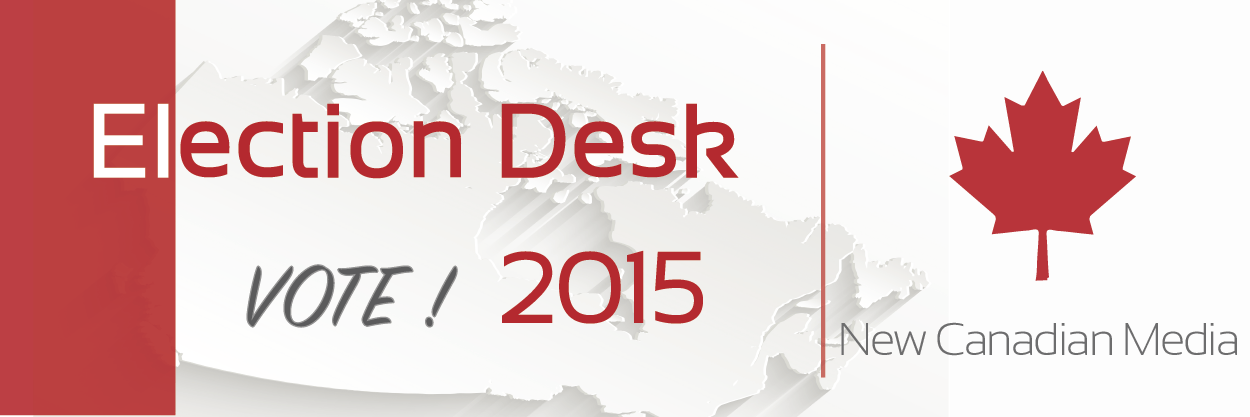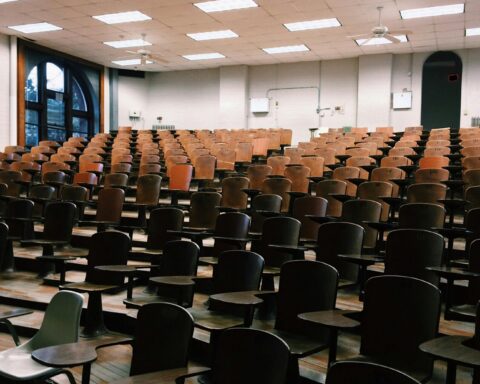 Public opinion surveys over the last week have shown that Canadians are more-or-less in lockstep with the government as it drags its feet on bringing in Syrian refugees fleeing the civil war at home.
Public opinion surveys over the last week have shown that Canadians are more-or-less in lockstep with the government as it drags its feet on bringing in Syrian refugees fleeing the civil war at home.
Despite the outpouring of concern after the picture of drowned toddler Alan Kurdi surfaced, there has been no mass call to action in Canada. While many European cities saw people in their thousands rallying in support of the displaced people, the largest we could muster here were a few hundred.
This, despite the enormous media coverage and various interest groups coming out in full-throated support. Pundits instantly predicted the outpouring would throw carefully calibrated election campaigns off balance.
Opposition parties did their best to milk it to their advantage without coming out with any real solutions of their own, apart from turning it into a cynical game of one-upmanship.
Two weeks down the road, the focus has shifted to what many Canadians think is the most important issue of all: the economy.
Immigration policy
Thursday’s Globe and Mail leaders’ debate on this singular topic, including the impact of immigration, gave all three main contenders a chance to defend positions and take jabs at the math underpinning each other’s economic promises.
Asked about the right balance between economic migrants and those seeking family reunification, Stephen Harper only said his government was alone in not cutting levels of immigration during a recession because this was in Canada’s best long-term interest.
Both Justin Trudeau and Tom Mulcair saw investing in family reunification as a way of creating strong communities as well as reaping the economic benefits of immigration.
On the issue of refugees, while Harper accused his rivals of being willing to “open up our borders” without concern for security, Trudeau and Mulcair hotly disputed that, and, in turn, accused Harper of fear-mongering.
With an aging population and low fertility rates, immigration currently accounts for about 65 per cent of annual net population growth. By 2035, it is set to account for nearly all of it. By that year, the Conference Board of Canada has projected that Canada will need immigration levels of around 350,000 annually to sustain its current standard of living and maintain a healthy economy.
It’s the economy, stupid
While it always is the economy, its link to the refugee issues and immigration in general seems to have been smothered by all the noise about security implications.
More than fear of unwelcome people slipping in along with the refugees, what is largely left unsaid is doubts over the economic burden these newcomers will impose on taxpayers – especially during a recessionary period.
While most of this sentiment is expressed behind the anonymity of online comment spaces, it does occasionally spill out into the open.
Like, when Conservative candidate Bal Gosal (Brampton-Centre) told the Toronto Star that supporters in his riding “don’t want them. The majority of people don’t want them [Syrian refugees].”
Out of place
While a view like this coming out of a riding that is predominantly made up of new Canadians may seem out-of-place, at another level, it is understandable. Coming into Canada after queuing up and much paperwork, many are still struggling to get a foothold in an economy that is floundering. They see the potential refugees as “queue jumpers” who will eat into a shrinking pie.
However, in a blog post on the refugee issue, Andrés Machalski, president of MIREMS, a media monitoring and research firm, observed that many of the stories in the ethnic media reflected those in the mainstream.
But harsher tones could also be seen and heard. A radio host on a Punjabi show said Canada has already admitted enough refugee, adding that settling them costs an enormous amount of money. A former refugee claimant suggested in Sing Tao Toronto that only 5,000 refugees should be let in a year as otherwise Canadian residents might have to pay more taxes.
Taxpayers, not spongers
Although casting refugees as freeloaders may be as simplistic as a desire to bring in large numbers, facts speak otherwise.
Between 1979 and 1981, Canada accepted 60,000 refugees from Southeast Asia in the aftermath of the Vietnam War. Academic Morton Beiser did a 10-year study of 1,300 of these so-called “boat people” and chronicled their struggles in his book Strangers at the Gate.
Beiser found that they were less likely to use social services and more likely to have jobs than the average Canadian. One in five was self-employed. Within a decade, 86 per cent of all the former refugees were working and spoke English with some proficiency.
Contrary to popular opinion, instead of being a drain on the taxpayer – they were taxpayers.
German example
This mirrors the experience of Germany, the current leader in giving asylum to people getting into Europe. A study commissioned by the Bertelsmann Foundation found that, in 2012, the roughly 6.6 million foreigners living in Germany paid 22 billion euros more in taxes that year than the total sum of handouts they had been given, such as funds for training, education and social security benefits.
While casting their willingness to accept 500,000 asylum seekers each year as a humanitarian gesture, German officials have not been shy about the economic implication. “We will profit from this, too, because we need immigration,” said Andrea Nahles, the country’s labour minister.
This is not to suggest that the integration of all immigrants, including refugees, should be seen through the cold lens of a cost-benefit analysis. While they should be integrated into the labour market as soon as possible, it is always good to be constantly reminded that refugees were taken in not because of their economic potential, but because they needed protection.
As Beiser says in his book, although most refugees in most resettlement situations succeed remarkably well, no country, Canada included, offers newcomers the welcome they need and deserve.
Ranjit is a Toronto-based writer with interest in Canadian civic affairs, immigration, the environment and motoring. Maytree and Al Jazzera English alumnus.





